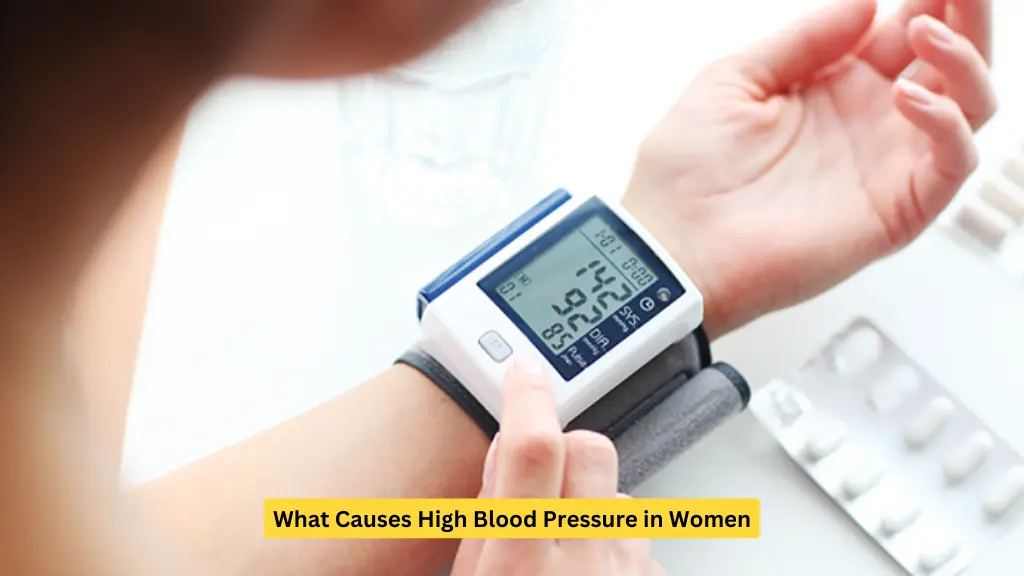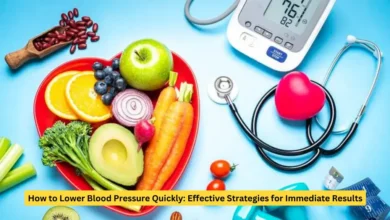What Causes High Blood Pressure in Women?

High blood pressure, or hypertension, is a common condition that affects many individuals globally, particularly women. Understanding the causes of high blood pressure in women is crucial for effective management and prevention. This comprehensive article delves into the myriad of factors that contribute to this condition, offering detailed insights to help you better grasp the complexities involved.
Genetic Predisposition
Genetics play a significant role in the development of high blood pressure. If you have a family history of hypertension, you are more likely to develop the condition. Research indicates that certain genetic markers are associated with an increased risk of high blood pressure, making it essential to be aware of your family’s health history.
Hormonal Changes
Hormonal fluctuations, particularly those related to menopause and pregnancy, can significantly impact blood pressure levels in women. Menopause often leads to weight gain and decreased levels of estrogen, both of which are linked to higher blood pressure. During pregnancy, conditions such as preeclampsia can cause dangerously high blood pressure, posing risks to both the mother and the baby.
Lifestyle Factors
Diet and Nutrition
Poor dietary choices are a leading cause of high blood pressure. Diets high in sodium, saturated fats, and processed foods can contribute to hypertension. Conversely, diets rich in fruits, vegetables, whole grains, and low-fat dairy products can help manage and reduce high blood pressure.
Physical Inactivity
A sedentary lifestyle is another critical factor. Regular physical activity strengthens the heart and improves blood flow, reducing the strain on your arteries. Engaging in at least 150 minutes of moderate-intensity exercise each week can significantly lower blood pressure.
Obesity
Obesity is a major risk factor for high blood pressure. Excess body weight increases the workload on the heart, leading to higher pressure on the arterial walls. Managing weight through a balanced diet and regular exercise is vital in controlling hypertension.
Stress and Mental Health
Chronic stress and poor mental health can lead to sustained high blood pressure. Stress causes the body to produce hormones like cortisol and adrenaline, which temporarily increase blood pressure. Long-term stress can lead to lasting hypertension issues.
Medical Conditions and Medications
Chronic Conditions
Certain chronic conditions, such as kidney disease, diabetes, and sleep apnea, are closely linked to high blood pressure. These conditions either cause or exacerbate hypertension, making their management crucial for overall cardiovascular health.
Medications
Some medications can increase blood pressure as a side effect. These include nonsteroidal anti-inflammatory drugs (NSAIDs), certain antidepressants, and birth control pills. It is important to discuss any concerns with your healthcare provider to manage these risks effectively.
Alcohol and Tobacco Use
Alcohol Consumption
Excessive alcohol intake can lead to high blood pressure. While moderate alcohol consumption may have some heart benefits, drinking too much can raise blood pressure to unhealthy levels.
Smoking
Smoking and exposure to secondhand smoke cause an immediate increase in blood pressure. The chemicals in tobacco damage the lining of your artery walls, leading to inflammation and narrowing of the arteries, which increases blood pressure.
Age and Ethnicity
Age
As women age, the risk of developing high blood pressure increases. Post-menopausal women are particularly at risk due to hormonal changes and the natural aging process.
Ethnicity
Certain ethnic groups are more prone to hypertension. For example, African American women are at a higher risk compared to their Caucasian counterparts. This increased risk is due to a combination of genetic, environmental, and lifestyle factors.
Preventive Measures and Management
Regular Monitoring
Regular monitoring of blood pressure is essential, especially if you have risk factors. Home blood pressure monitors can help track your readings and identify any concerning trends.
Healthy Lifestyle Choices
Adopting a healthy lifestyle can significantly reduce the risk of high blood pressure. This includes maintaining a balanced diet, engaging in regular physical activity, managing stress, and avoiding tobacco and excessive alcohol use.
Medication Adherence
For those diagnosed with hypertension, adherence to prescribed medications is crucial. Medications such as ACE inhibitors, beta-blockers, and diuretics help control blood pressure and prevent complications.
Regular Check-Ups
Routine medical check-ups are important for early detection and management of high blood pressure. Discussing any concerns with your healthcare provider and staying informed about your health status can lead to better outcomes.
Conclusion
Understanding what causes high blood pressure in women is key to preventing and managing this condition. By being aware of genetic factors, hormonal changes, lifestyle influences, and other contributing factors, women can take proactive steps to maintain healthy blood pressure levels. Regular monitoring, healthy lifestyle choices, and adherence to medical advice are crucial in managing high blood pressure effectively.




